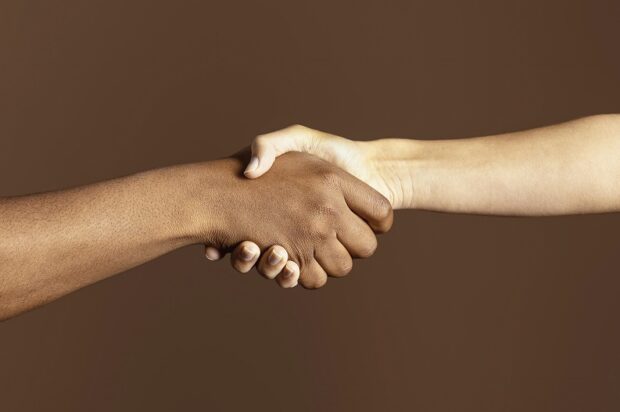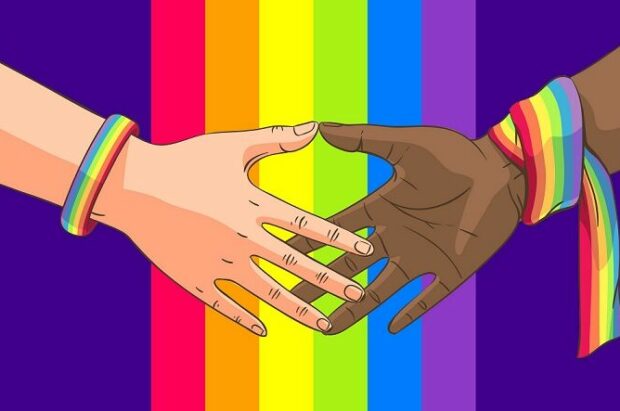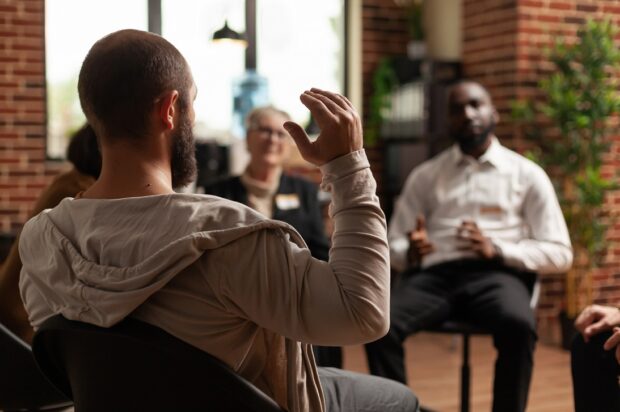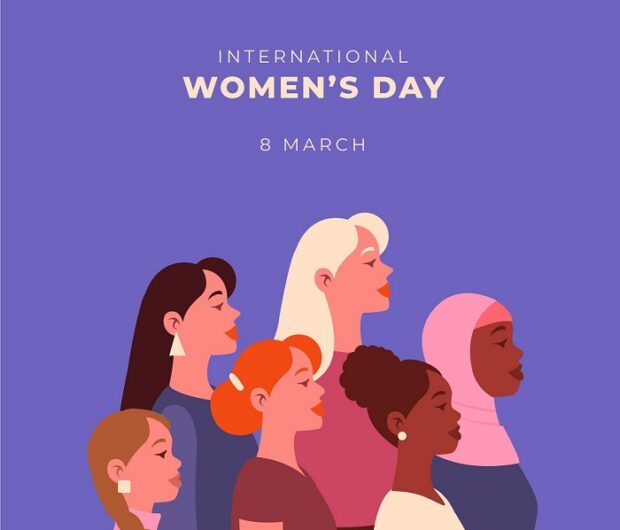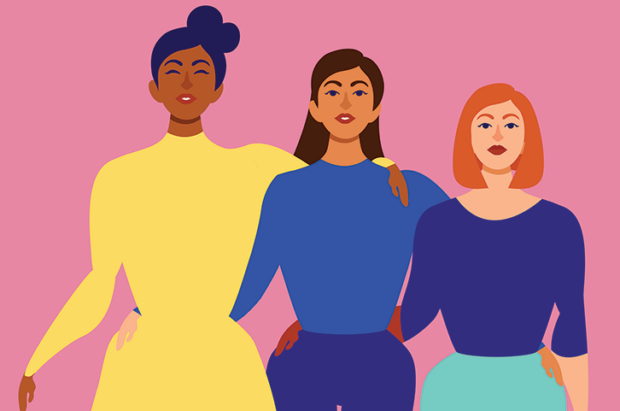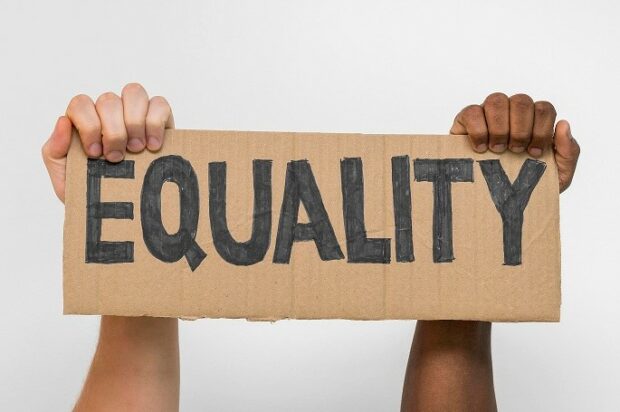Society
As we mark the seventy-fifth anniversary of the NHS, it is worth remembering how Clement Attlee's 1945 government embarked on implementing William Beveridge's report recommendations which set the framework for the welfare state.
Pride Month is a time to celebrate and honour the resilience, diversity, and accomplishments of the LGBT+ community. It is also an opportunity to reflect on the importance of inclusive social work practice when working with individuals who identify as lesbian, gay, bisexual, or transgender.
This year’s theme for Carers Week, ‘recognising and supporting carers in the community’, really chimes with me, especially after my recent visit to Sefton Carers Centre in Merseyside.
It’s Mental Health Awareness Week, which this year takes a theme we can all relate to: anxiety (#ToHelpMyAnxiety). It's not only a chance to shine a light on our psychological wellbeing (and how to maintain it) but also take stock on mental health service provision and the evolution of societal attitudes to an issue which …
Today, across the world, people are celebrating International Women’s Day. This year, there is an emphasis on inclusivity, diversity and parity of esteem. In social care and social work, helping to contribute to women's equity has never been more important...
I am delighted to once again host adult social workers Nimal Jude and Liz Howard as guest bloggers, this time introducing their latest exciting venture, the Anti-racist Listening Project podcast. Making sure social work practice always challenges discrimination and oppression is imperative if we are to truly promote a human rights and social justice based …
Lockdowns may have ended but out duty of care as social workers goes on - and that includes encouraging colleagues and those we serve to make sure they remain fully vaccinated against COVID-19 and a potentially resurgent flu virus.
"It is part of our job as social workers to be intuitively and professionally aware of the needs of those we serve" says Lyn Romeo, Chief Social Worker for Adults. "Carers Week emphasises the theme of making sure carers are ‘visible, valued and supported’, which reminds us of the principles of our practice."
It seems entirely appropriate, following February’s LGBT+ History Month, for International Women’s Day to make this year’s theme #BreakTheBias’, a call for the further empowerment of women – and of society as a whole.
A new beginning for racial equality in social care The social care workforce race and equality standard (SCWRES) officially launched on 1 April 2021 across 18 local authorities (LAs), the first phase of a timely and crucial programme committed to …
